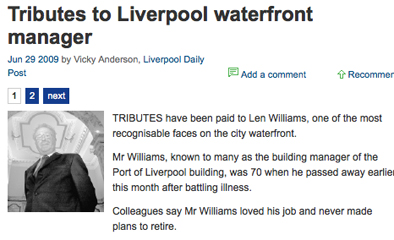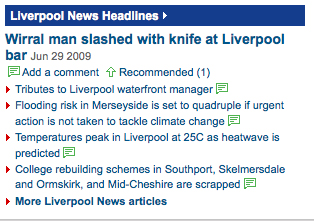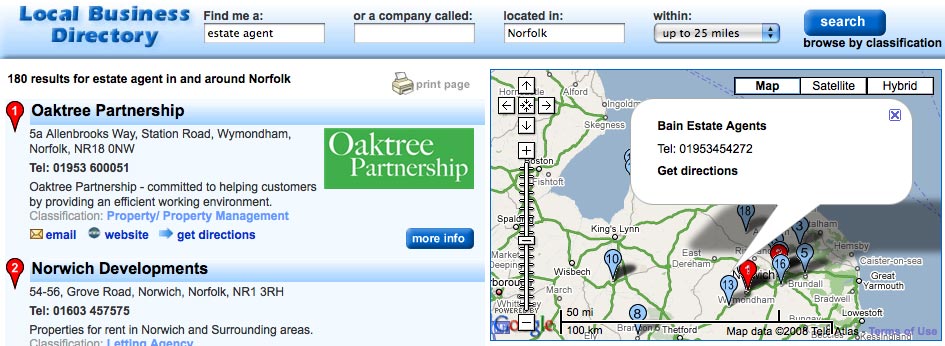Some significant differences between the figures for unique users visiting UK newspaper sites released by Nielsen Online today and those announced by the Audit Bureau of Circulations Electronic (ABCe) last week.
While both rank the Guardian as the most popular in the UK, Nielsen’s figures suggest the site attracted 3 million unique users in the UK in April compared to 7,762,826 recorded by the ABCe.
The Telegraph attracted 2.7 million UK uniques in April, according to Nielsen – around 3.5 million less than the figure reported by the ABCe.
By the Nielsen figures the Sun attracted 1.9 million UK unique users, the Times 1.8 million and the Daily Mail 1.7 million over the same period.
Nielsen calculates its traffic figures using a panel-based method called NetView, which the company describes as ‘around 45,000 UK internet users who have opted in to download a meter which records all their PC, online and application usage on a continual and ongoing basis.’
In contrast, websites register themselves with the ABCe, which then audits data on web traffic recorded by the sites.
Very different methods – very different results.
Interestingly Nielsen also provides data on the ‘engagement’ of UK unique users with a site, differentiating between ‘heavy’ (>15 minutes), ‘medium'(>5 – >=15 minutes) and ‘light'(<=5 minutes) users.
The results of this analysis suggest the most popular online newspapers – the Guardian and Telegraph – have the highest percentage of light visitors (with 83%and 81% respectively).
The results for engagement in full:
Sun: 14% heavy, 16% medium, 70% light
Times: 13% heavy, 17% medium, 70% light
Daily Mail: 12% heavy, 14% medium,75% light
Telegraph: 7% heavy, 12% medium, 81% light
Guardian: 6% heavy, 11% medium, 83% light
The figures suggest that the Times is the only title to have gained in ‘heavy’ users since January 2008, while the Telegraph has recorded the biggest increase in ‘light’ users over the same period.
As Stephen Brooks, UK managing director for Nielsen Online, pointed out in the release: “Analysing the Telegraph’s audience by heavy, medium and light visitors reveals their dramatic growth in popularity is concentrated around light users, which could be due to the site’s improved visibility in search results,”
“This encapsulates the ‘reach vs engagement’ conundrum that newspaper sites face – is the best path to financial success attracting the most visitors or having a smaller core of more engaged users?”


